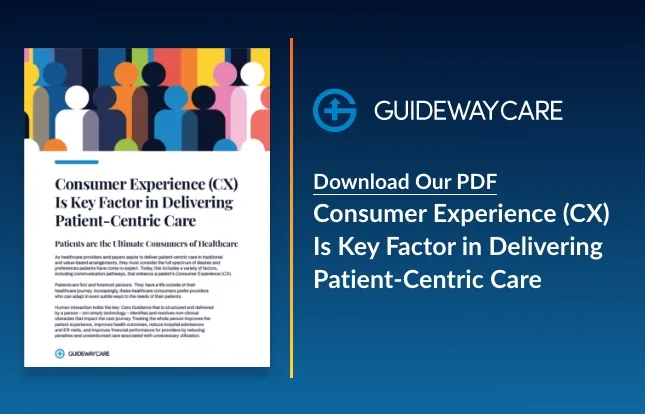The Influence of Maternal Age on Health Equity and Disparities in Healthcare

In recent years, a noticeable shift toward older maternal age has been observed across various racial and ethnic groups. This trend has far-reaching implications, particularly when it comes to maternal age and health disparities. Older maternal age can exacerbate health inequities, especially among Black and White infants. For instance, older Black mothers are more likely to give birth to very-low-birthweight babies, which puts these newborns at a higher risk for certain health issues.
Unpacking the Connection Between Maternal Age and Health Inequities
The increase in maternal age isn’t just a demographic shift; it’s a complex issue intertwined with maternal age and healthcare inequalities. Various factors contribute to this, including socioeconomic conditions and access to quality healthcare. Moreover, the impact of maternal age on health equity is significant. Research indicates that older maternal age has contributed to the rise in very-low-birthweight infants and increased racial inequities over the years.
The Role of Chronic Stress and Health Conditions
Chronic stress and pre-existing health conditions like hypertension and diabetes can also play a role in maternal age disparities in healthcare. These factors can have a more pronounced impact on older mothers, leading to poorer health outcomes for both the mother and the infant. Improving health disparities becomes crucial in this context, as it can mitigate the negative effects of older maternal age on health outcomes.
Strategies for Policy and Healthcare Interventions
Addressing these disparities requires a multi-faceted approach that includes robust healthcare policies and targeted interventions. Enhancing access to quality healthcare becomes crucial, particularly for older mothers facing elevated risks. Specialized training for healthcare providers, community outreach programs, and digital health tools can play pivotal roles in this endeavor. Understanding the nuances of healthcare policies, such as HCAHPS scores and their significance, can offer valuable perspectives for both healthcare providers and patients. By adopting these strategies, we can make strides in reducing maternal age disparities in healthcare and improve overall health equity.
Take Action With Guideway Care
The issue of maternal age and its impact on health equity is a pressing concern that requires immediate attention. Guideway Care is committed to addressing these challenges and improving health outcomes for mothers of all ages. By focusing on comprehensive healthcare solutions and policy interventions, we aim to bridge the gap in maternal age disparities in healthcare. Join us in this important mission for a healthier future.
Contact Us Today To Learn How We Can Help
"*" indicates required fields




